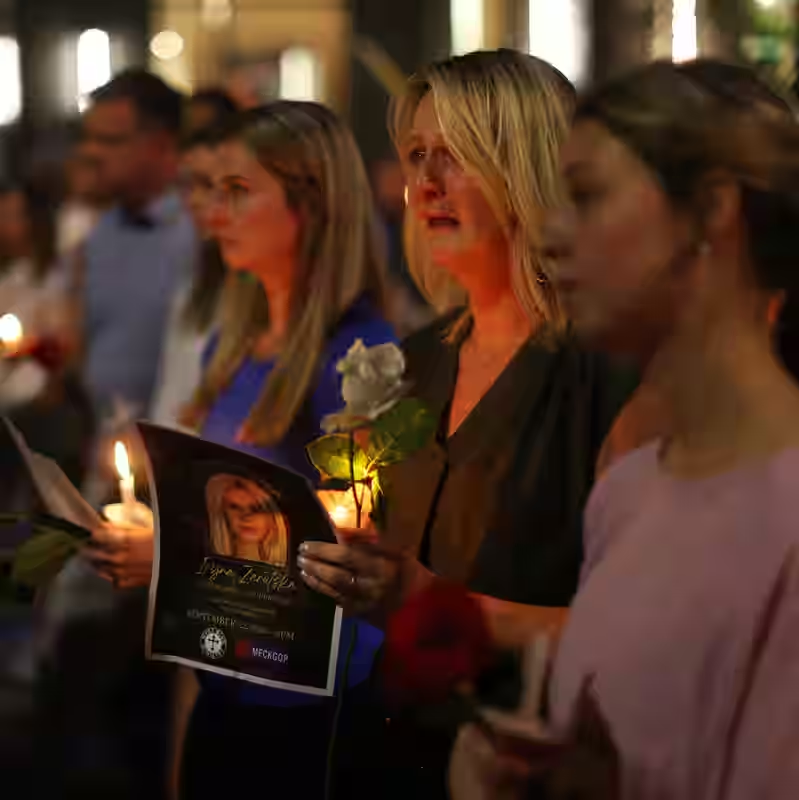A Preventable Tragedy?
Decarlos Brown Jr., the suspect in a recent fatal stabbing in North Carolina, had a documented history of paranoid delusions and repeated encounters with law enforcement—but under state law, he was never deemed dangerous enough to receive involuntary psychiatric treatment. The case has reignited a fierce debate over gaps in the U.S. mental health safety net and whether tragedy could have been avoided .

Years of Warnings, No Intervention
According to court records and police reports obtained by The New York Times, Brown had at least 12 documented interactions with local police over the past five years. Officers responded to calls describing him as “disoriented,” “talking to himself,” and “believing people were trying to poison him.” Yet each time, he was released—never hospitalized, never mandated into treatment.
North Carolina law requires that a person pose an “imminent danger to self or others” to be involuntarily committed. Despite his escalating paranoia, Brown never met that high legal threshold.
Timeline of Missed Opportunities
| Date | Incident | Action Taken |
|---|---|---|
| 2021 | Family called police after Brown barricaded himself, claiming neighbors were spying | Crisis counselor dispatched; no follow-up |
| 2023 | Arrested for trespassing; told officers “the government is tracking me through my teeth” | Released after mental evaluation; deemed “not committable” |
| June 2025 | Reported wandering streets barefoot, shouting about “mind control” | Transported to ER; discharged within hours |
| September 2025 | Allegedly stabbed and killed a neighbor during a delusional episode | Charged with murder; now in psychiatric custody |
Why the System Failed
Experts point to three systemic flaws:
- High legal bar: North Carolina’s “imminent danger” standard is stricter than in many states.
- Shortage of beds: Even when commitment is ordered, psychiatric facilities are often full.
- Poor coordination: Police, hospitals, and social services rarely share critical mental health data.
Voice from the Community
“We begged for help,” said a relative who asked to remain anonymous. “Every time he got worse, we were told, ‘There’s nothing we can do unless he hurts someone.’ Now someone is dead.”
National Context
North Carolina is not alone. Across the U.S., deinstitutionalization in the 1980s shuttered state psychiatric hospitals, but community-based care was never fully funded. Today, 40% of Americans with serious mental illness receive no treatment in a given year, according to the Treatment Advocacy Center.
Some states, like Florida and California, have recently lowered thresholds for assisted outpatient treatment. Advocates are now urging North Carolina to follow suit with reforms like “Laura’s Law”—which allows court-ordered outpatient care for high-risk individuals.
What’s Next?
In response to the stabbing, state lawmakers have announced hearings on mental health reform. But for the victim’s family and Brown’s loved ones alike, the question remains: Why does the system only act after blood is shed?




